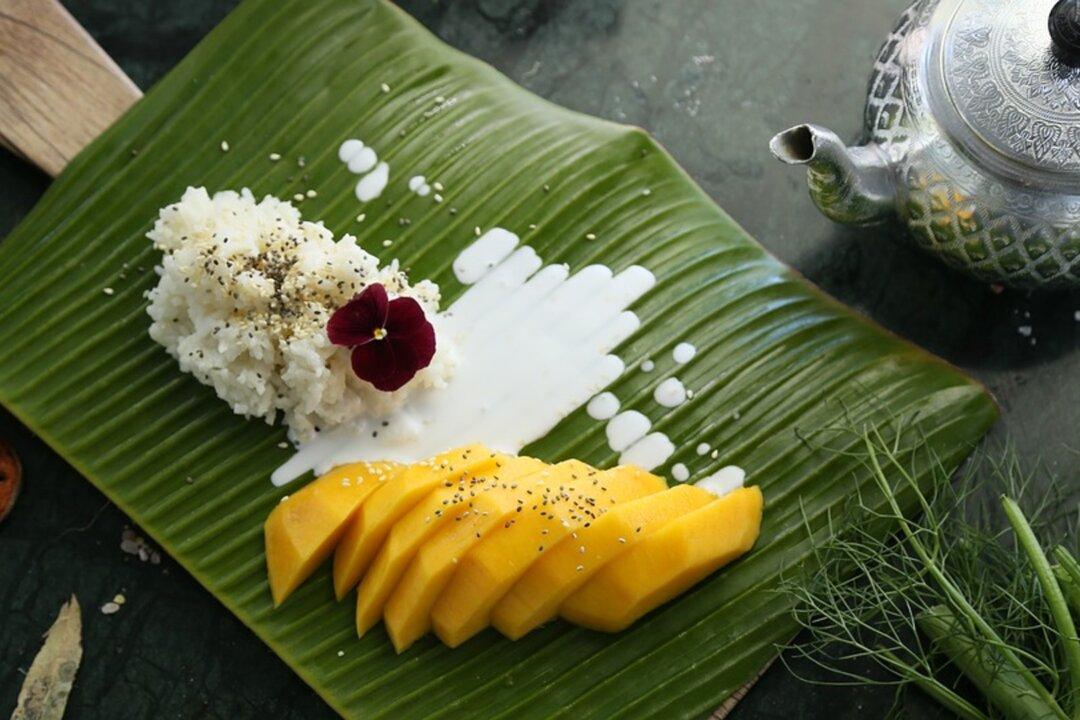A supermarket in Thailand has replaced its plastic packaging with banana leaf wrapping.
Banana leaves have been traditionally used in many Asian countries, Mexico, and Hawaii for packaging food, but Rimping supermarket in Chiangmai, Thailand is probably one of the first stores to use them on such a large scale.






